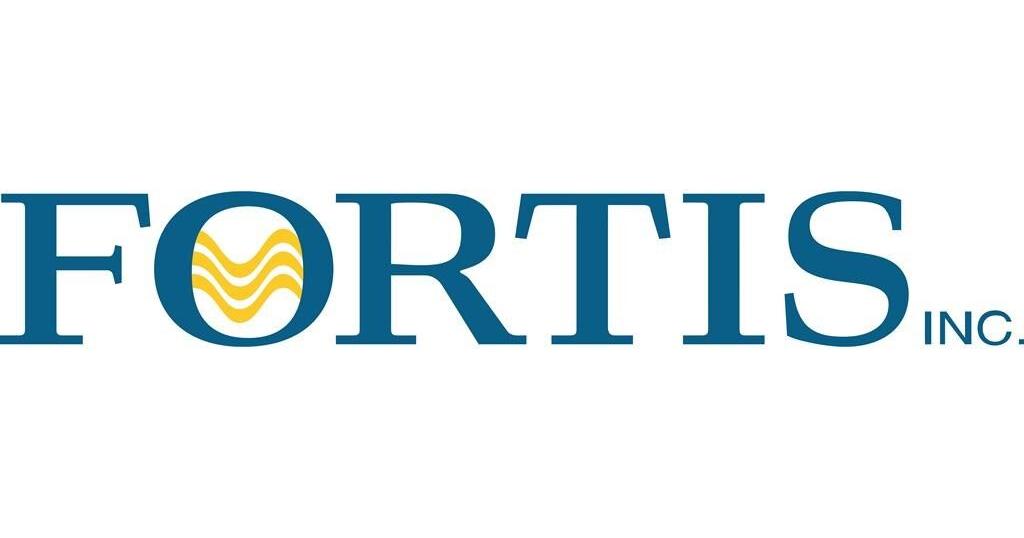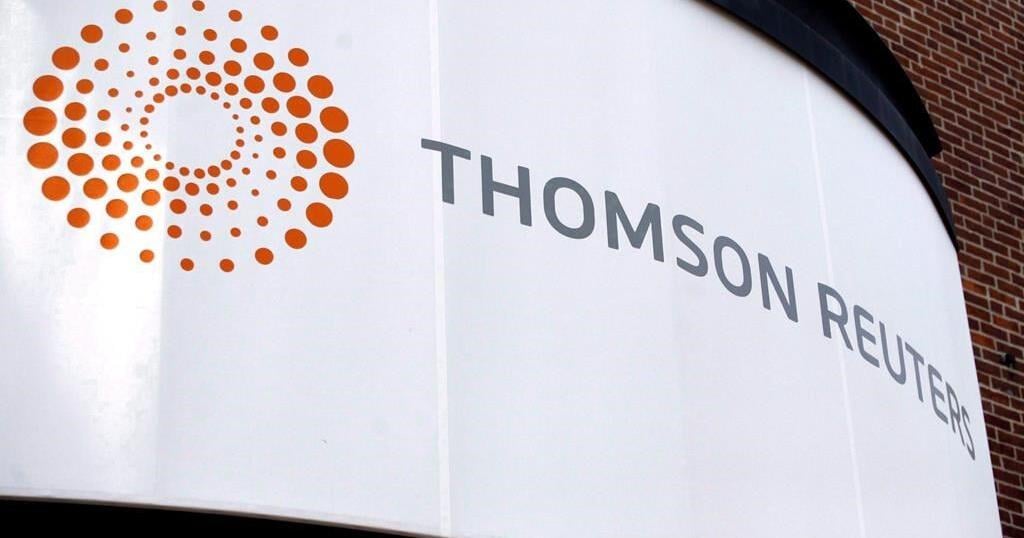The federal carbon price is once again at the centre of a renewed political battle, after a Conservative pledge to block House of Commons business until it is repealed.

Meanwhile, Natural Resource Minister Jonathan Wilkinson tells The West Block host Mercedes Stephenson that while tactics like filibusters are technically allowed, he calls this instance “a ridiculous game.”
“The role of the official Opposition is definitely to oppose in a constructive way and to try to make suggestions about things that should be changed,” Wilkinson said.
![Click to play video: 'Poilievre threatens to delay holiday breaks for MPs unless Liberals agree to drop carbon pricing']()
0:35
Poilievre threatens to delay holiday breaks for MPs unless Liberals agree to drop carbon pricing
Conservative House Leader Andrew Scheer told reporters on Friday morning, after an all-night round of procedural voting on measures in the government’s Fall Economic Statement, that they’ve seen Prime Minister Justin Trudeau change his stance on carbon pricing before when pressure was applied, so that is their goal with these votes.
Scheer is referring to the three-year exemption from the carbon price on home heating oil. While this is a national program, it disproportionately affects residents in Atlantic Canada where the heat source is more common.
Wilkinson defended the move, saying that eight out of 10 Canadian families still get more back in carbon price rebates than they pay.
The minister added that a goal of the government’s climate strategy is to try and keep climate initiatives affordable for regular Canadians.
“That’s exactly why we made the decision with respect to heating oil is the disparity in terms of the price and the amount that people pay for that particular form of heating is so high that they were not getting more money back,” Wilkinson told Stephenson.
Conservative Leader Pierre Poilievre and his caucus are saying that the next election will be the “carbon tax” election as part of their messaging on the carbon price. Currently, the next election is not set to take place until fall 2025, but it could happen earlier in this minority government.
Debate around carbon price has been a factor in the last two federal elections, but public opinion may be moving more to the Tory side on this issue.
A recent Ipsos poll found that six in 10 Canadians say that they can’t or don’t want to pay any more taxes to help fight climate change.
Despite this, Wilkinson tells Stephenson he still believes the government can get people on their side of the issue when the next election comes around.
“Well, I think we’re going to take a broader conversation to Canadians in an election than simply the price on pollution. We have a very comprehensive approach to addressing the climate issue, which involves the cap that we put in place on oil and gas emissions,” he said.
“You cannot have a relevant plan for the future of the Canadian economy in a global world that is moving to address carbon emissions if you don’t accept the reality of climate change and Mr. Poilievre doesn’t accept the reality of climate change or he just doesn’t care.”
The Liberal government has faced criticism for its continued misses of climate targets, but Wilkinson remains optimistic that Canada will hit its Paris Accord goal of cutting emissions by 40 to 45 per cent of 2005 levels by 2030.
Here, Wilkinson pointed to the government’s announcement last week of announcing an emission cap for the oil and gas sector, which includes an industry specific cap-and-trade system.
“We need to ensure that we are seeing significant declines in absolute emissions in the oil and gas sector. It’s the largest polluter in the country, but it has to be done in a manner that actually makes sense,” Wilkinson said.



























